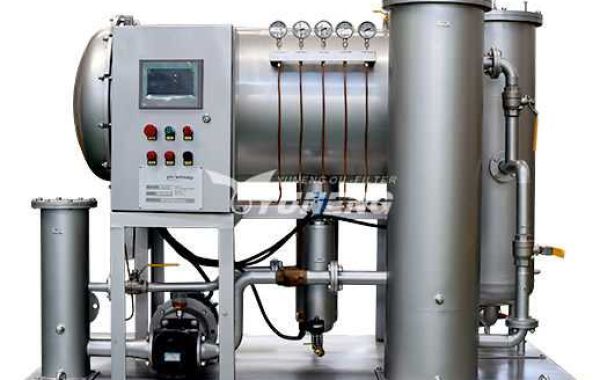Let's delve into the various types of contaminants that lube oil purifiers can eliminate.
- Solid Contaminants
Wear Particles: These microscopic particles are generated as machine components rub against each other. Over time, wear particles can accumulate in the oil, causing abrasive wear and reducing the lubricant's effectiveness.
Dirt and Debris: Contaminants like dirt, dust, and metal shavings can enter the oil system through various means, including external leaks, improper filtration, and atmospheric contamination.
Water: Water can enter the oil system through condensation, leaks, or improper handling. It can lead to corrosion, emulsion formation, and decreased lubrication properties.
- Oxidation Products
Sludge: This thick, sticky substance forms when oil is exposed to high temperatures and oxygen. Sludge can clog filters, restrict oil flow, and promote further oxidation.
Acidic Compounds: The oxidation process can also generate acidic compounds that can corrode metal surfaces and neutralize the oil's alkalinity.
- Contaminants from External Sources
Coolants and Hydraulic Fluids: These fluids can mix with lubricating oil, leading to contamination and reduced performance.
Fuel: Fuel contamination can occur in diesel-powered machinery, affecting the oil's properties and potentially causing engine damage.
- Gaseous Contaminants
Air: Air can become trapped in the oil system, leading to aeration and reduced lubricating properties.
Vaporized Water: Water can vaporize and become trapped in the oil, contributing to the formation of emulsions and sludge.
By effectively removing these contaminants, lube oil purifiers help to:
Extend equipment life: Clean oil can reduce wear and tear, prolonging the lifespan of machinery.
Improve efficiency: Clean oil enhances heat transfer and reduces friction, leading to improved energy efficiency.
Reduce maintenance costs: Regular oil purification can help prevent breakdowns and reduce the need for costly repairs.
To ensure optimal performance, it's essential to select the right lube oil purifier for your specific application and to follow proper maintenance procedures.








